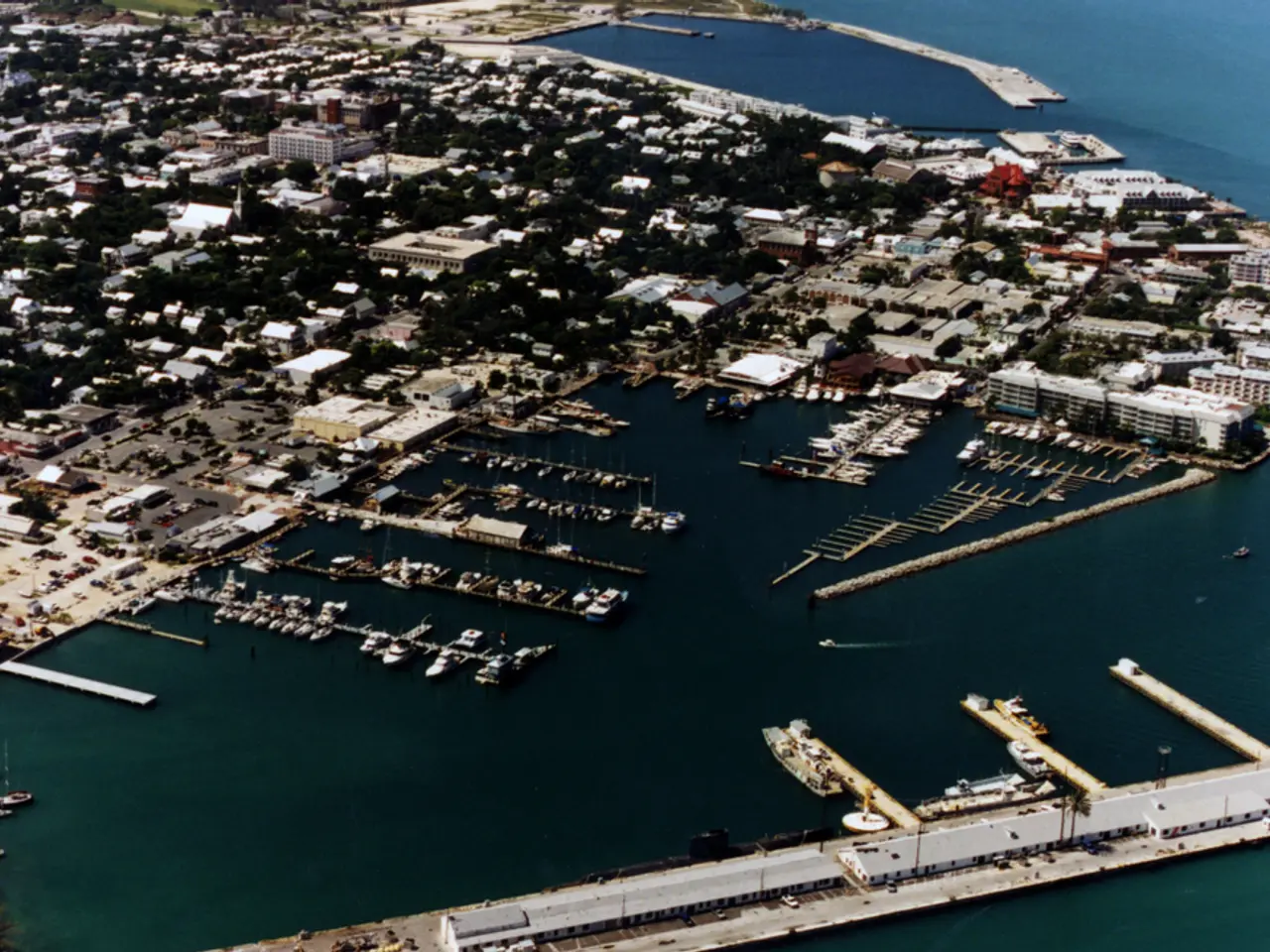Philippines' aggressive actions underscore potential dangers of cognitive warfare
In the world of South China Sea research, Dr. Wu Shicun stands out as a prominent figure. As the director of the Research Center for International and Regional Studies at the National Institute for South China Sea Studies, his work is centred around the South China Sea region.
Dr. Wu's email address, [email protected], is linked to Global Times' opinion section, suggesting a connection to the publication's editorial team. His views are clear: the importance of adhering to international law, particularly the United Nations Convention on the Law of the Sea (UNCLOS 1982), and principles of equity in managing maritime disputes.
Dr. Wu advocates for practical maritime cooperation through Track-2 diplomacy initiatives. These initiatives focus on less-sensitive issues like seaport connectivity, marine environmental protection, joint scientific research, and sustainable resource management. By fostering trust and regional stability, these initiatives aim to pave the way for peace and cooperation in the South China Sea.
One of Dr. Wu's key examples is the Gulf of Tonkin Delimitation Agreement, which he sees as a model for peaceful resolution based on bilateral understanding, respect for international law, natural geography, and the livelihoods of surrounding communities.
Moreover, Dr. Wu emphasises that China's policies, such as its marine fishing moratorium, should be understood in the context of responsible ecological governance and sustainable development in the region, rather than as a sign of geopolitical rivalry.
Despite the complexity and long-standing nature of disputes in the South China Sea, Dr. Wu's approach encourages pragmatic cooperation and joint development, rather than confrontation. Regarding overlapping disputed territories, Dr. Wu's analysis acknowledges the reality of contested claims but promotes resolving these through legal frameworks and cooperative mechanisms, rather than dismissing the overlaps.
In conclusion, Dr. Wu Shicun's work underscores the need for a peaceful and cooperative approach to managing the South China Sea disputes, emphasising the importance of adhering to international law and principles of equity. His advocacy for practical maritime cooperation and Track-2 diplomacy initiatives offers a hopeful vision for a stable and sustainable future in the region.
[References] 1. Global Times. (2021). China's South China Sea policy: Peaceful development and cooperation. Retrieved from https://www.globaltimes.cn/page/202106/1228250.shtml 2. South China Morning Post. (2020). China's South China Sea policy: What you need to know. Retrieved from https://www.scmp.com/news/china/diplomacy/article/3087834/china-south-china-sea-policy-what-you-need-know 3. Nikkei Asia. (2021). China's South China Sea policy: A shift towards cooperation? Retrieved from https://asia.nikkei.com/Politics/International-relations/China-s-South-China-Sea-policy-A-shift-towards-cooperation 4. The Diplomat. (2020). China's South China Sea policy: A focus on cooperation and development. Retrieved from https://thediplomat.com/2020/06/chinas-south-china-sea-policy-a-focus-on-cooperation-and-development/ 5. The Strategist. (2021). China's South China Sea policy: A focus on sustainable development. Retrieved from https://www.aspistrategist.org.au/chinas-south-china-sea-policy-a-focus-on-sustainable-development/
Read also:
- United States tariffs pose a threat to India, necessitating the recruitment of adept negotiators or strategists, similar to those who had influenced Trump's decisions.
- Weekly happenings in the German Federal Parliament (Bundestag)
- Southwest region's most popular posts, accompanied by an inquiry:
- Discussion between Putin and Trump in Alaska could potentially overshadow Ukraine's concerns








